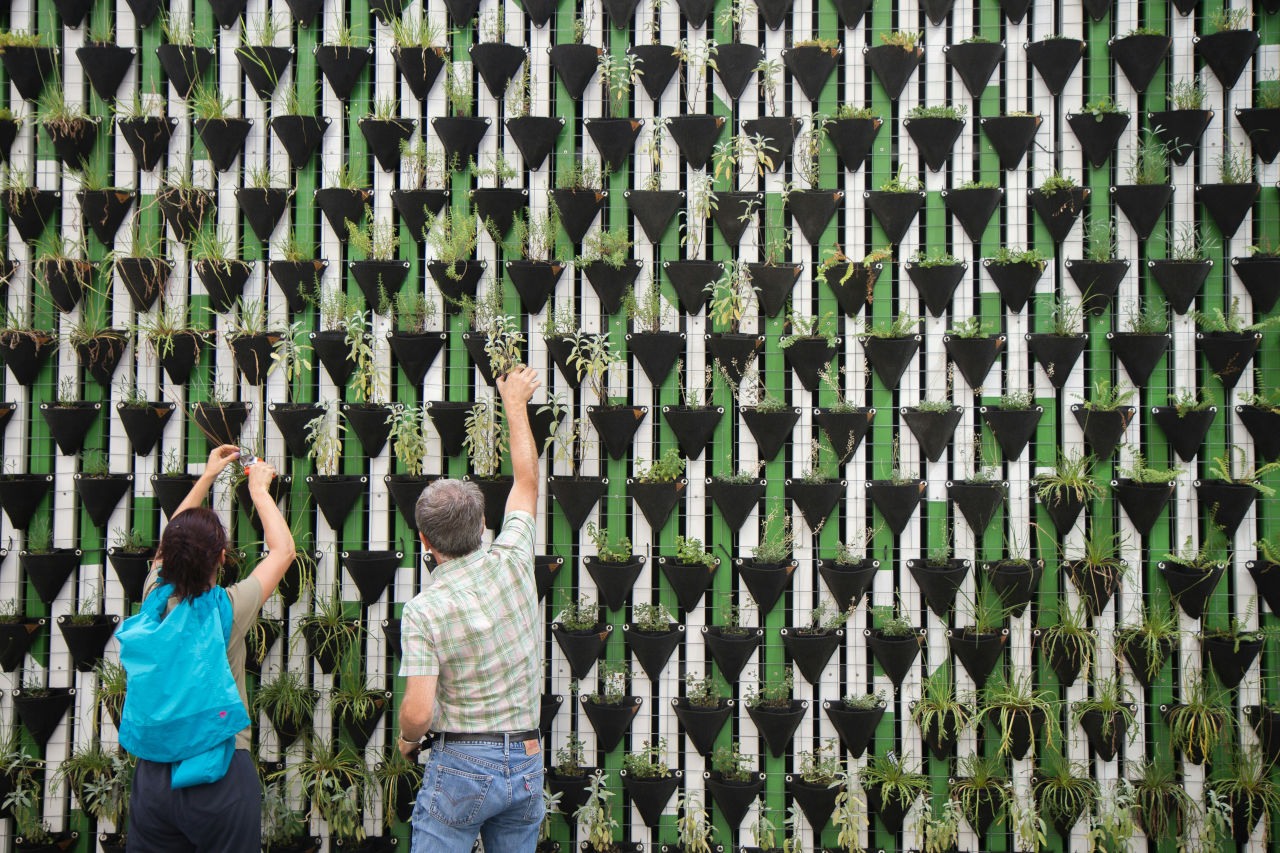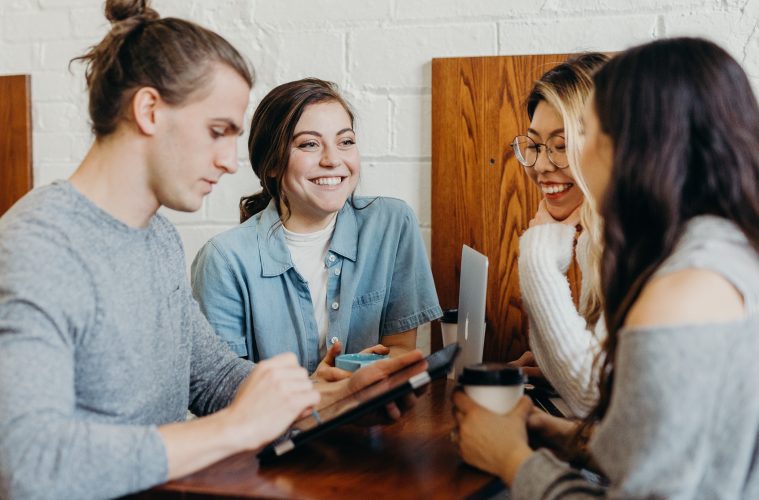Life has increasingly gone online. We increasingly work from home, shop online, and converse over social networks.
Meanwhile, for anyone hoping to learn new skills or expertise in different fields, the internet has you covered. Courses abound, on any subject and at varying lengths, costs, and degrees of difficulty.
The development of artificial intelligence is going to take online education to new heights and hints at the potential for an intelligent collaborator and tutor—while also altering nearly every other sector of society.
And yet, education shouldn’t distance itself too much from the community. We evolved in them and we are still very dependent on them. It’s by working together we’ve solved some of history’s toughest problems, and we have more to solve.
A community-driven approach to learning will strengthen the fabric of society, make the world a better place to live, and ensure a more understanding and knowledgeable population.
What Is Community-Based Learning?
There is a pedagogical theory of community-based learning often used in a school context, but the more general approach is simply to learn out in the world, where what you learn will be immediately put to good use.
It involves connecting and integrating education and society. You get hands-on experience, build practical skills, and often work together with other people.
Think of things like:
- volunteering at a charity or nonprofit
- community gardening or art
- engaging in citizen science activities
The list of possible activities is limited only by your imagination. If there’s something you want to learn that could have an impact on your community, think of ways you can integrate them.
The Learn-By-Doing Approach
Before we talk about the community, it’s worth pointing out why an active approach to learning is so effective on the individual level. Compared to learning by sitting and reading, watching, or listening, this approach holds many advantages.
1. Testing your memory
For starters, it might sound obvious, but if you cannot recall what you’ve learned, you have not really learned it.
If you need to open your notes or look information up again online, it’s not where it’s supposed to be—in your head. You have to practise remembering the material so you can recall and use it when you need it.
It’s too easy for standard lectures and online media to make us passive consumers, but that doesn’t test our memory. Having to put what you learn to use requires testing just how much you remember.
2. Building Motor skills
When activities are more physical than fully cognitive, you can’t just learn about them by reading or watching, even if you can recall the details later. For these activities, you need to get a feel for them.
You won’t learn how to play the guitar or speak a language or tend a garden by watching videos or staring at diagrams. You need to play, speak, and tend.
As Aristotle said: “for the things we have to learn before we can do them, we learn by doing them.”
3. Working together
To top it all off, these hands-on activities are made all the more effective when we team up with other people.
It makes the process more engaging, provides us with diverse perspectives and problem-solving styles, and teaches us how to cooperate more effectively to achieve goals.
Working in the community often provides all of this—you interact with people, you play an active physical role, and everything you learn needs to be put into practice. These are memorable experiences.
Putting Education to Good Use
The human species has thrived through cooperation. By teaming up, we’ve achieved so much more than any one person could dream of doing by themselves. It’s by working together that we solve the big problems.
Today we have many issues requiring social solutions—changes in the climate, unequal access to opportunities, and the impact and regulation of technologies like artificial intelligence, to name just a few.
These are areas ripe for community-based learning. Not only will members of society come to better understand the world and environment they live in, they’ll also be playing an active part in solving some of its more complex issues.
Community-based learning gives us a chance to combine an effective education with a sense of moral duty and civic responsibility.
Possibilities for Community-Based Learning
There’s an abundance of options for community-based learning, in a variety of domains and of differing scopes and difficulties. Here are some of the more common paths you might consider:
- Help clean up a beach or park, and learn about recycling, pollution, local ecosystems, and biodiversity.
- Teach English as a second language while learning another in exchange, and also about different cultures and ways of life.
- Work in a community kitchen to improve your cooking skills and learn about nutrition while helping people who struggle to put healthy meals on the table.
- Run a social sports league or competition to get people active and healthy while learning about physiology and fitness.
- Collaborate on a community art or music project to inspire the locals and gain some new creative skills.
There are also many unique citizen science opportunities to be found, where you can contribute to everything from folding proteins to mapping the brain and examining the surface of Mars.
Most require more time online, but if you hunt around you can find some that require getting outdoors, and they all help push research forward.
Beyond those just mentioned, try a look through eBird, Zooniverse, Safecast, or Scistarter to find some other interesting citizen science options.
If there isn’t already a common path for learning the subject you’re interested in, you might simply find some people who are interested in the same subject and learn together.
You can start groups through a site such as Meetup, and find courses or learning materials online or at the library. It could be like a book club but based around your specific subject.
Get creative and try to find ways to make it fun to attract other people, and think about how you might use what you learn for the benefit of the community you’re in.
The Future Is Us
The writer Alvin Toffler published a book in 1970 called ‘Future Shock’, with the title alluding to a psychological sense of uncertainty towards a future of abrupt and dramatic technological change.
It’s something everyone today can likely empathise with. AI is starting to understand us, talk to us, and in some cases seemingly think like us.
It’s already an incredible tool, but the future? How smart will it get? What will our jobs be? What will life look like? Nobody knows the answers to these questions, and that can put us all a little on edge.
But something we can do is look to our neighbours and communities and recognise we’re all in this together, and we’ll be much better off if we lean into a cooperative and people-focused approach.
Learning in the open, with others, for the good of everyone, will make society more resilient and adaptive, capable of weathering the dramatic shifts we might encounter.




